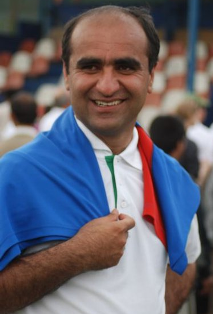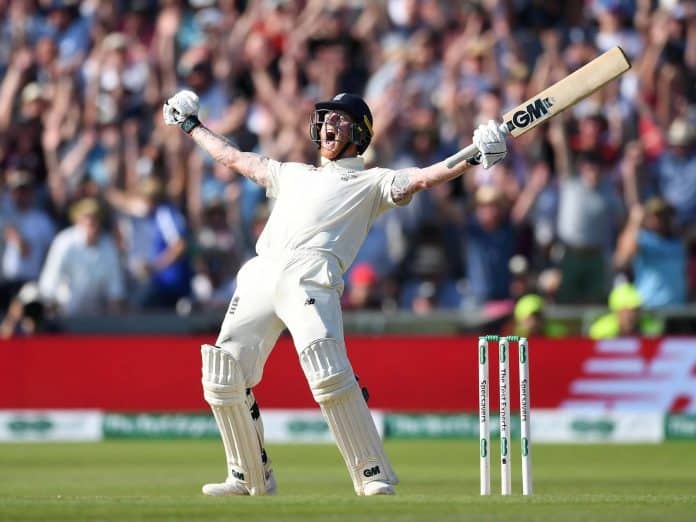By Hanan Habibzai
![]() In aftermath of the Taliban regime in 2001, Afghanistan’s capital ‘Kabul’ gradually becomes a city of foreign intercourse, and also a city of military decisions. The phrases like the fall of the Taliban, new Afghan friends, and western allies were the topic of media and statesmen. Apparently, they were speaking about the end of the war, but behind the doors, Kabul was a place for remapping military surges.
In aftermath of the Taliban regime in 2001, Afghanistan’s capital ‘Kabul’ gradually becomes a city of foreign intercourse, and also a city of military decisions. The phrases like the fall of the Taliban, new Afghan friends, and western allies were the topic of media and statesmen. Apparently, they were speaking about the end of the war, but behind the doors, Kabul was a place for remapping military surges.
Taj Malik was struggling to fund a national cricket team for Afghanistan. “We were struggling in the beginning but Olympic Committee denied our application” ‘he says.
 “The Olympic Committee associates cricket to the Taliban. I told them this is not a Taliban game this is an international game. Yet they replied, “We call it Taliban game because the idea of cricket has come from Pakistan to Afghanistan just like the Taliban did”, Mr. Malik added.
“The Olympic Committee associates cricket to the Taliban. I told them this is not a Taliban game this is an international game. Yet they replied, “We call it Taliban game because the idea of cricket has come from Pakistan to Afghanistan just like the Taliban did”, Mr. Malik added.
Taj Malik succeeded to meet president Karzai following his rejection by the Afghan Olympic officials in the middle of 2002. Karzai agreed to receive his application for approval of the national team. Taj finally got cricket recognized in Afghanistan as an official game. “I promised President Karzai that we will defeat big teams soon, he encouraged me and signed the papers”, he adds.
Cricket has been played in Afghanistan since the mid-19th century, but it is only in recent years that the national team qualified for one-day international or ODI. Worth noting that the Afghan Cricket Federation was formally formed in 1995 during the Taliban regime and became an affiliate member of the ICC in 2002 and a member of ACC since 2003.
The facilities in Kabul were so bad, obviously, and Afghanistan was unprepared to accept cricket as a national game because there was no single purpose-built stadium. Meanwhile, insecurity is still increasingly widespread which discourages the spectators to come to a cricket match held anywhere in the country.
Following the formation of the national cricket team in 2001, it played in the 2009 World Cup Qualifier series. On February 13, 2010, the Afghan cricket team qualified for the 2010 ICC World Twenty20, the team’s first major tournament and one of the major events in the sport’s history of Afghanistan.
The 33year old Taj spent much of his life dragging his players to attract national and international attention. The concept of a national cricket team in Afghanistan started as millions of Afghan refugees returned from neighboring Pakistan. “We had spirit and faith to achieve the national goal”’ Taj said in an exclusive interview with the author of this article.
“We are inspired by the 1987 cricket game between England and Pakistan; we bought cricket kits and started to play. In five years we improved our talent. We started to compare our young cricket club with big ones”, said Taj Malik.
Mr. Malik is optimistic that Afghanistan will have a powerful cricket team in the next few years. “Our country is a war zone right now, in spite of that we still worked hard and our struggle has succeeded. We do not have a standard cricket ground, with very limited facilities we achieved many successes, you see in Afghanistan cricket is turning into a national game. Young people are very interested’’, he said.
When Afghans were witnessing the US-led invasion and the fall of the Taliban regime, Taj Malik was wandering to insure a role model for the new Afghan generation, which he did.
After ten years, today his team is inspiring youths across the war-torn country and many teenage Afghans hoping to be future players.
That said despite war and political instability in the country the Afghan government plans to develop the sports as ICC urged on Karzai regime to be prepared for the cricket games.

Hanan Habibzai, an investigative journalist with more than ten years of experience in global journalism has covered the US invasion of Afghanistan, the fall of the Taliban regime, and post-Taliban developments, including the rise of militancy in the country.
MA in global journalism from Coventry University, Hanan writes on the conflict in Afghanistan and the regional politics, his work has been published by the BBC Afghan Stream, Pajhwok Afghan News, Reuter’s news agency, the Washington Post, Veterans Today, several local and the global media agencies, Including contribution in a journalism book Afghanistan War and the Media: Deadline and Frontline (2010), edited by R, Keeble & J, Mair, Hanan’s academic work is published around the world.
ATTENTION READERS
We See The World From All Sides and Want YOU To Be Fully InformedIn fact, intentional disinformation is a disgraceful scourge in media today. So to assuage any possible errant incorrect information posted herein, we strongly encourage you to seek corroboration from other non-VT sources before forming an educated opinion.
About VT - Policies & Disclosures - Comment Policy




